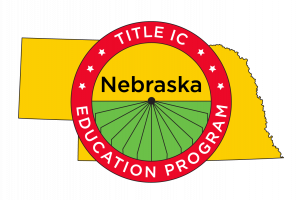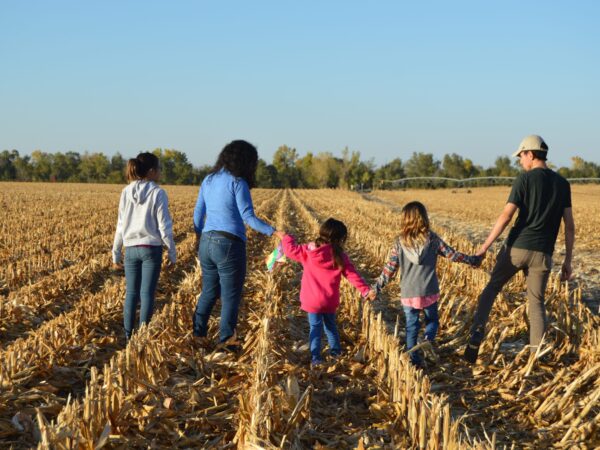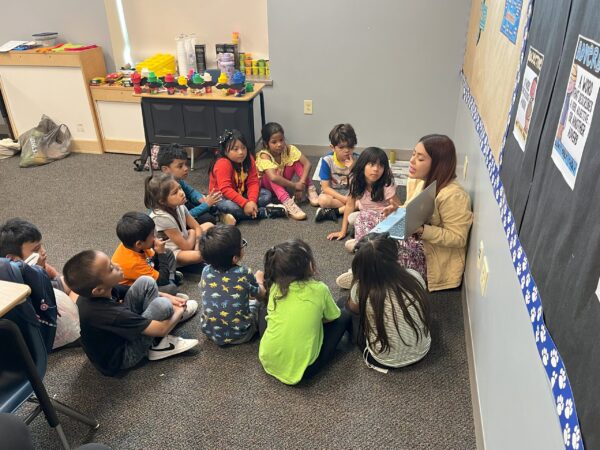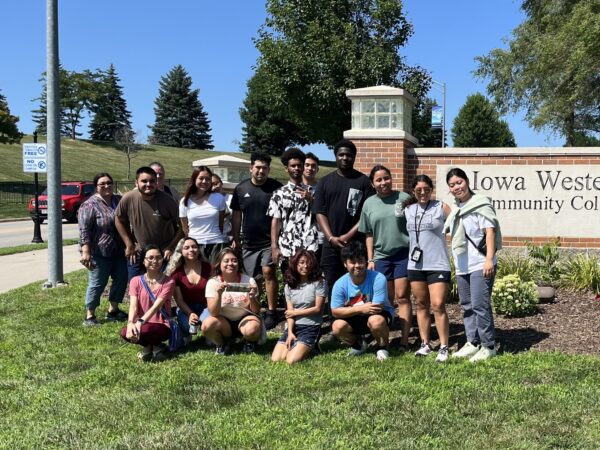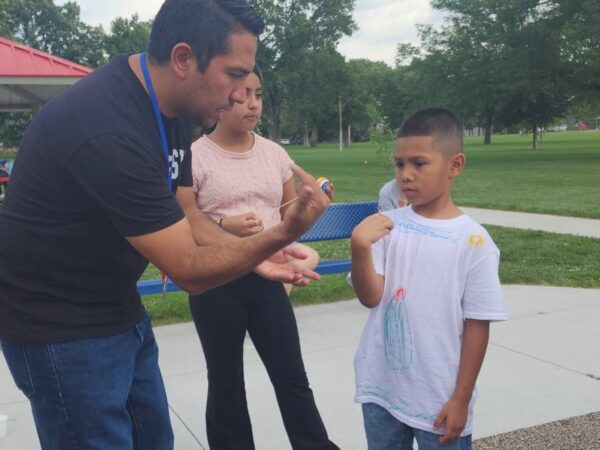Data
Title IC Migrant Education Program Data
In order for the Title IC Migrant Education Program to succeed, it must have a strong foundation when it comes to data collection. The Nebraska program ensures that each project is supported by having a data specialist support data collection. This page is available to provide resources regarding data in our program.
Staff Resources
Data Specialist Handbook
In Nebraska, we have a data collection manual to support our data specialist. You can find the resource below.
Data Specialist Yearly Checklist
Data Specialists in our program serve our students by providing support on the data side throughout the year. Below is a document intended to help staff keep a checklist of annual requirements.
Priority for Service
As part of the Every Student Succeeds Act (ESSA) requirements for Title IC Migrant Education Program (MEP), every State must set its priorities for services; likewise, every MEP in every State is required to maintain a list of eligible migrant students, migrant students served, and migrant students designated as having Priority for Services (PFS). Determining which migrant students are PFS is put into place through the Service Delivery Plan as part of the State activity in which Nebraska sets its performance goals, targets, and benchmarks to ensure the appropriate delivery of migrant student services.
Secure Documents
One of our priorities as a program is keeping our data confidential. If you are sending confidential information to another staff member use these resources to keep the information safe.
Sending Secured Documents
Family Educational Rights and Privacy Act (FERPA)
Country Codes Directory
This is the directory for the MIS200 country codes
Change of Data Form
Use this form to request changes in MIS2000. Examples include but are not limited to:
- Request a change to the COE. Make sure this change is confirmed with the family. Eligibility changes may require extra documentation
- Request to update a field in the dropdown menu on the student data side (add a school, test, etc)
- Create a Supplemental Program Group to be made
- Merge duplicate student records



